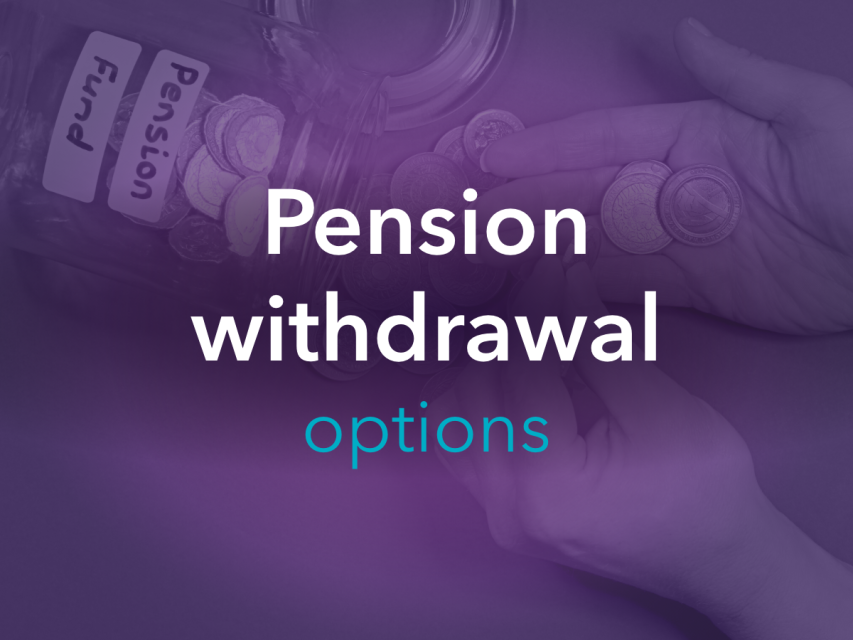From their first birthday to their first property, the estimated cost of raising a child increased to £223,000 in 2023. This means that investing early is now more essential than ever.
It can be overwhelming to consider all of the milestones you’d like to support your child in reaching, but there are three key ways you can secure their financial future.
1. Establish Goals and Start Saving
Whether you are saving for your child’s wedding or education, it’s key to break your financial plan down into clear goals. Once you’ve established your intention, you can choose an investment option.
Use a child-specific account
Junior ISAs (JISAs) are a popular way of saving for a child. You can currently pay up to £9,000 into a JISA each tax year, and the funds can only be accessed by your child after they turn 18. Once opened by a parent, this account can be topped up by friends and family.
Child Pensions offer another way of saving for the future. However, they cannot be drawn upon until the pensionable age (currently 55 but the Government plans to increase this in the future), so they should only be considered when thinking long-term.
Invest in your own name
Depending on the nature of your financial goals, investing in your own name whilst earmarking this money for your child could be an effective option.
Adult ISAs, General Investment Accounts, or Investment Bonds may offer greater flexibility, whilst providing the potential for long-term growth. However, it’s important to note that as these accounts are held in your name, they will count toward your annual allowances and may form part of your taxable income. Seeking financial advice is a great way to assess your options and formulate a unique savings plan.
2. Develop an Open Dialogue
Studies show that by age seven*, children have well-developed attitudes towards money. With this in mind, it’s essential that you engage your child in open conversations sooner rather than later. Financial planning involves more than just saving; it means creating a healthy, well-informed dialogue that will provide your child with the tools to independently manage their own accounts in future. Investing in expert advice enables you to expand your knowledge, take control of your finances, and ultimately help your child do the same.
3. Consider Inheritance Tax Early
Whilst it may seem irrelevant now, Inheritance Tax (IHT) can greatly impact your financial legacy. Careful planning is in order if your child is to reap the rewards of your hard-earned money.
Personal Pension
Saving into a Personal Pension is a great way to potentially reduce IHT liability. Funds contributed to a pension usually fall outside of your estate, and are not subject to the seven-year gifting rule. As pensions can usually be passed on to your child without forming part of your estate for IHT purposes, they provide an excellent way of utilising forward planning to maximise the impact of your financial legacy.
Make the most of gift-giving
Utilising your annual gift allowance is another great way to reduce IHT liability. You are entitled to give away £3,000 each year as a tax-free gift, and can also give larger gifts for special occasions, such as weddings. As well as this, you can make gifts out of normal expenditure from your regular income, without paying tax.
Rules in regards to tax can seem complicated, but True Potential Wealth Management, part of the True Potential Group, can provide expert knowledge, helping you to manage your potential future IHT bill, wherever possible.
If you’re looking for a specific account for your child, our Junior ISA can help you create a great start in life for your children or our Junior Pension which could help set your child up for the future.
Alternatively, if you’d like to speak to a member of our team about planning for your family’s future, call us on 0191 625 0350 and our friendly team will talk you through your options or answer any questions you may have.
When investing, your capital is at risk. Investments can fluctuate in value and you may get back less than you invested. This article is for information only and is not a personal recommendation or financial advice. ISA and Pension eligibility apply. Tax rules apply. Tax is subject to an individual’s personal circumstances, and tax rules can change at any time. All details correct at the time of publishing.
Sources
*Page 12
Back to blog





